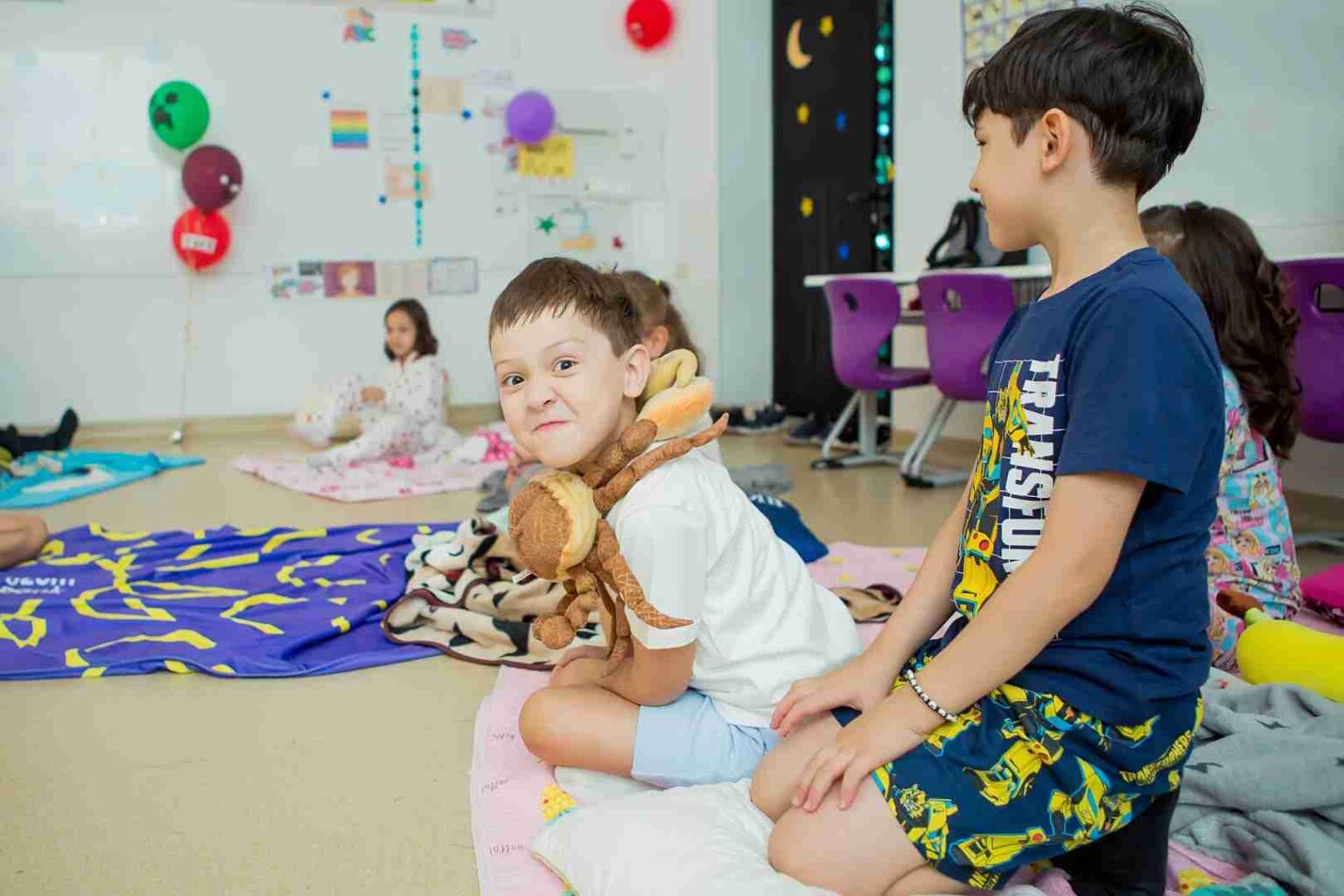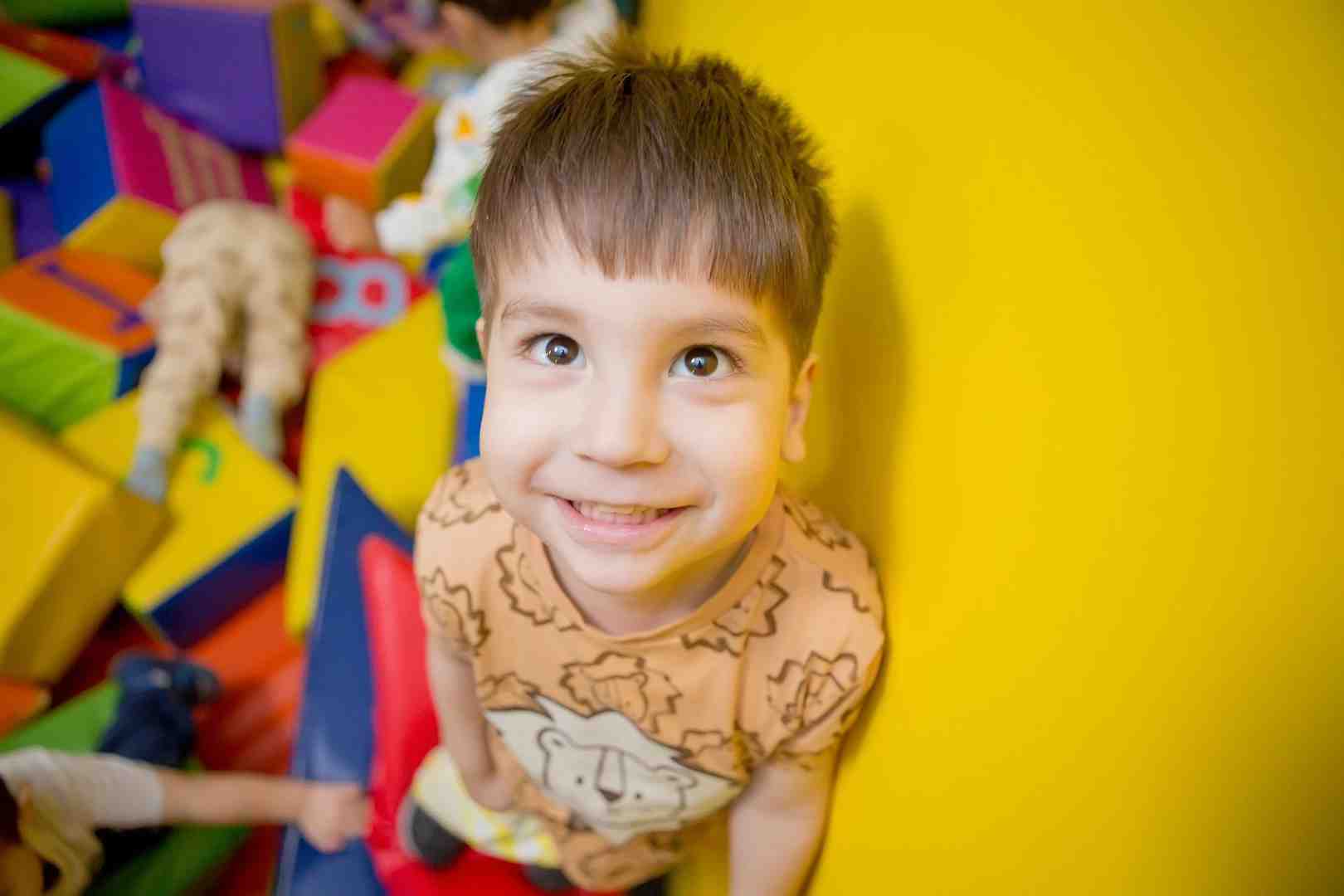Emotional intelligence (EQ) plays a key role in a person’s life, starting from an early age. The development of emotional intelligence in children is a key aspect of their overall upbringing and education. Emotional intelligence includes the ability to understand and manage your emotions, as well as interact effectively with others.
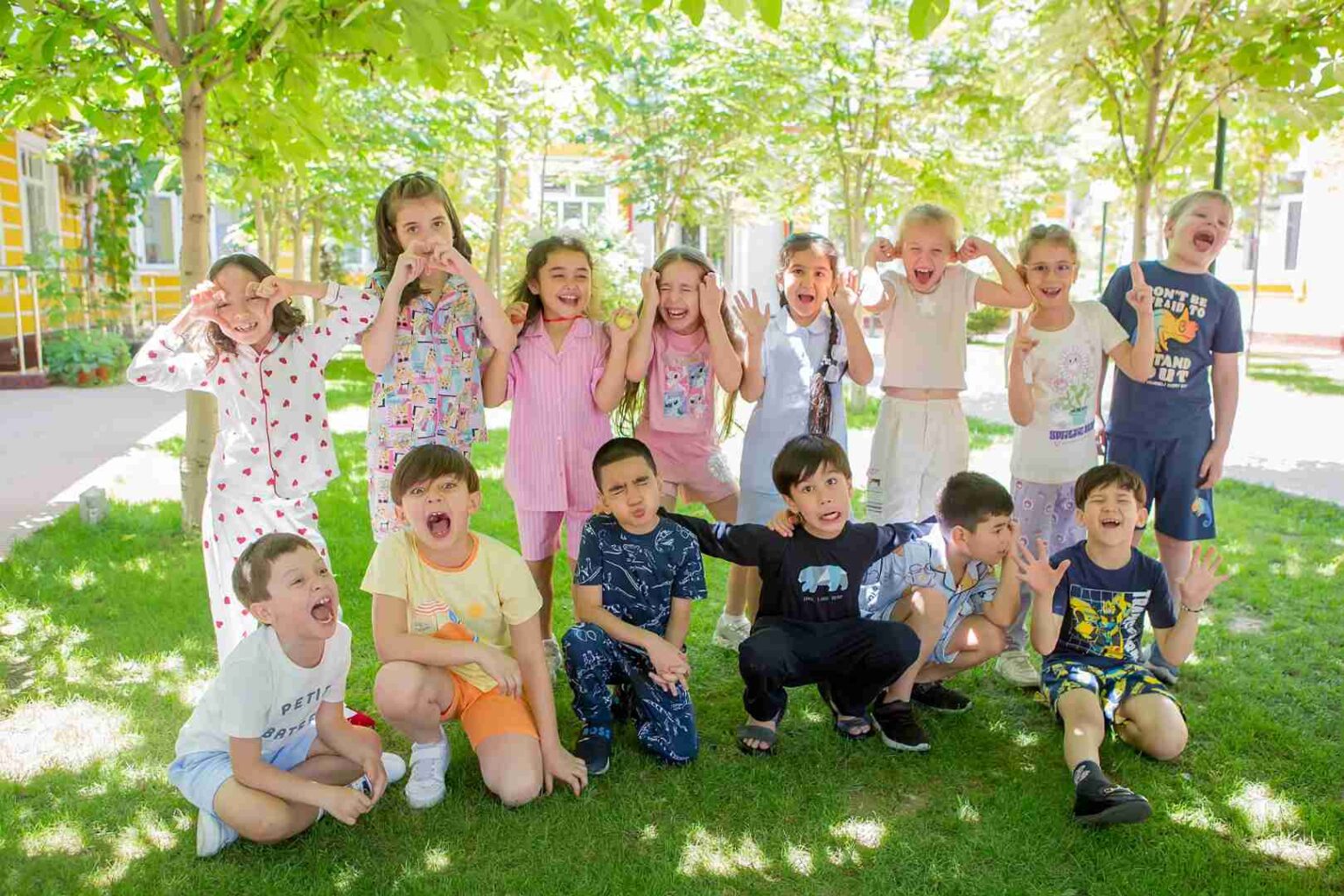
The importance of emotional intelligence at an early age
Emotional intelligence includes several components:
- Self-awareness: The ability to recognize and understand your emotions.
- Self-regulation: The ability to control your emotions and behavior.
- Motivation: The inner desire to achieve goals and manage your emotions for this.
- Empathy: The ability to understand and feel other people’s emotions.
- Social skills: The ability to build and maintain relationships with others.
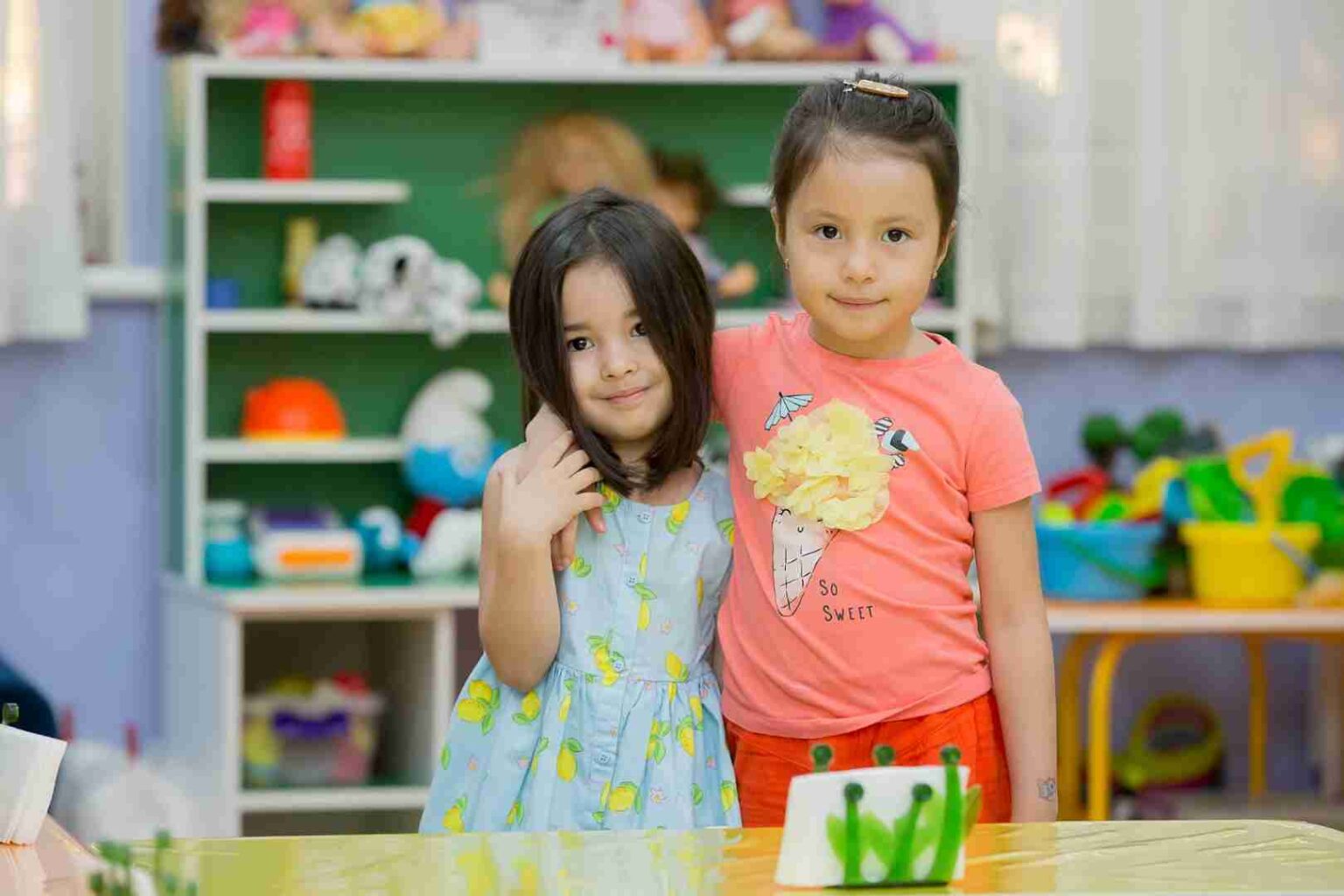
How emotional intelligence develops in children
Self-awareness
The development of self-awareness begins with the fact that the child learns to recognize his emotions. In kindergarten, we hold special classes where children learn to name and describe their feelings. For example, using “emotional cards” helps children visualize and identify their emotions.
Self-regulation
Self-regulation develops through practice and support from adults. We teach children relaxation techniques such as deep breathing or meditation so they can deal with negative emotions. An example is the “corner of tranquility” in a group, where a child can calm down and restore emotional balance.
Motivation
Motivation develops through positive reinforcement and setting achievable goals. It is important to maintain the child’s interest in learning and new tasks. We create projects and tasks that arouse children’s interest and desire to learn.
Empathy
Empathy is formed through games and interaction with other children. We organize joint games and projects where children learn to understand each other’s feelings and work in a team. For example, theatrical productions and role-playing games help to develop empathy.
Social skills
Social skills are developed through group interaction. We teach children respect for others, cooperation skills, and conflict resolution. Regular joint events and holidays contribute to strengthening social ties.
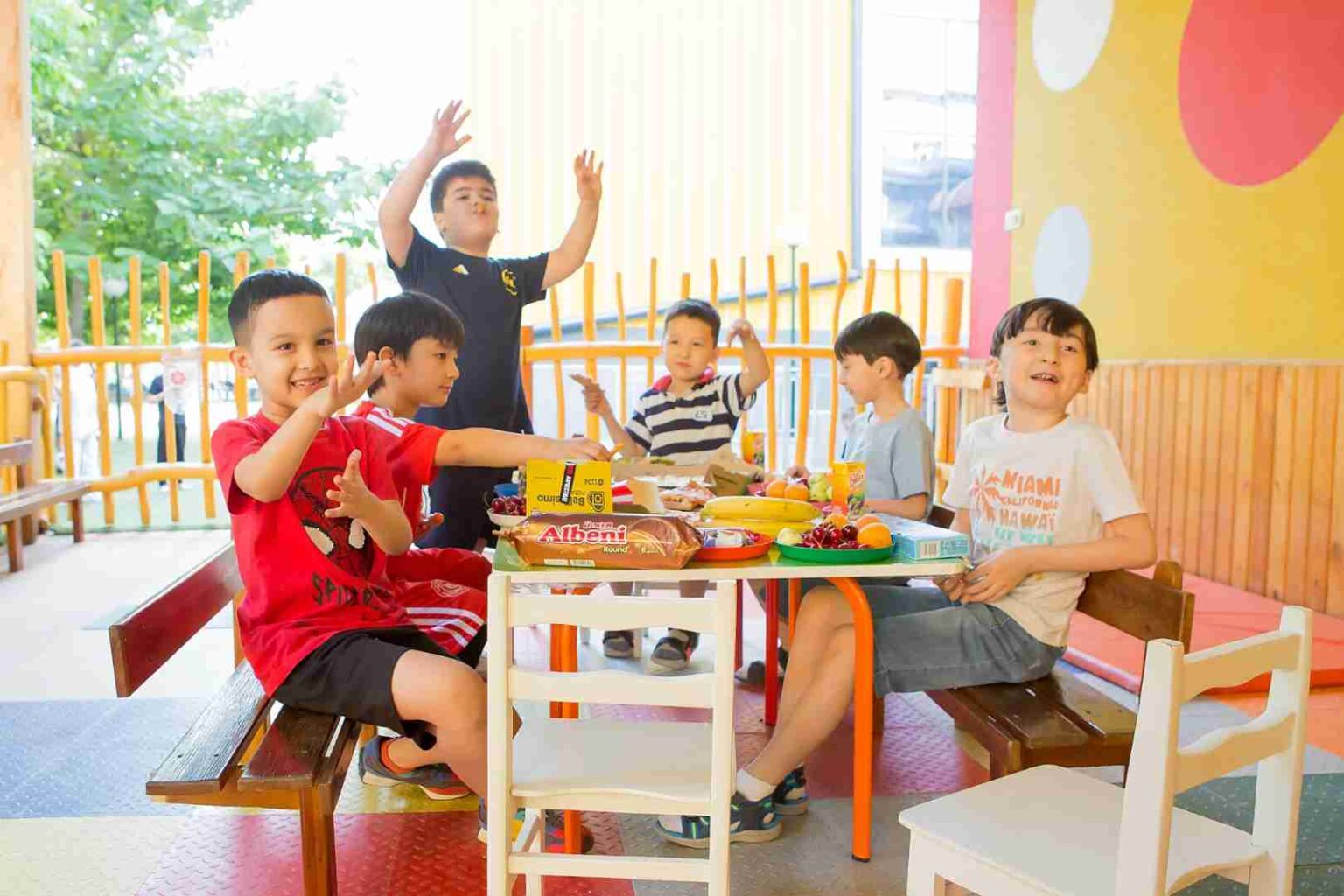
Practical tips for parents
To support the development of emotional intelligence in a child, parents can use the following recommendations:
- Be an example: Children learn through observation. Show by your example how to manage emotions and build healthy relationships.
- Discuss emotions: Talk to the child about his feelings. Help him express and understand his emotions.
- Reading books: Books with stories about feelings and emotions help children better understand and process their emotions.
- Games and role-playing games: Use games to develop empathy and social skills.
- Create an emotionally safe environment: Children should feel that their emotions are important and accepted.

Conclusion
The development of emotional intelligence in children is a long — term process that requires attention and support from adults. At Oxbridge Kindergarten, we create all the conditions for our students to develop their emotional skills and be ready for life’s challenges. If you have any questions or would like to learn more about our programs, please contact us by phone at +998 (71) 263-22-33. You can also visit our Oxbridge Kindergarten website and our blog for more information. We are always happy to help your child become successful and happy!
